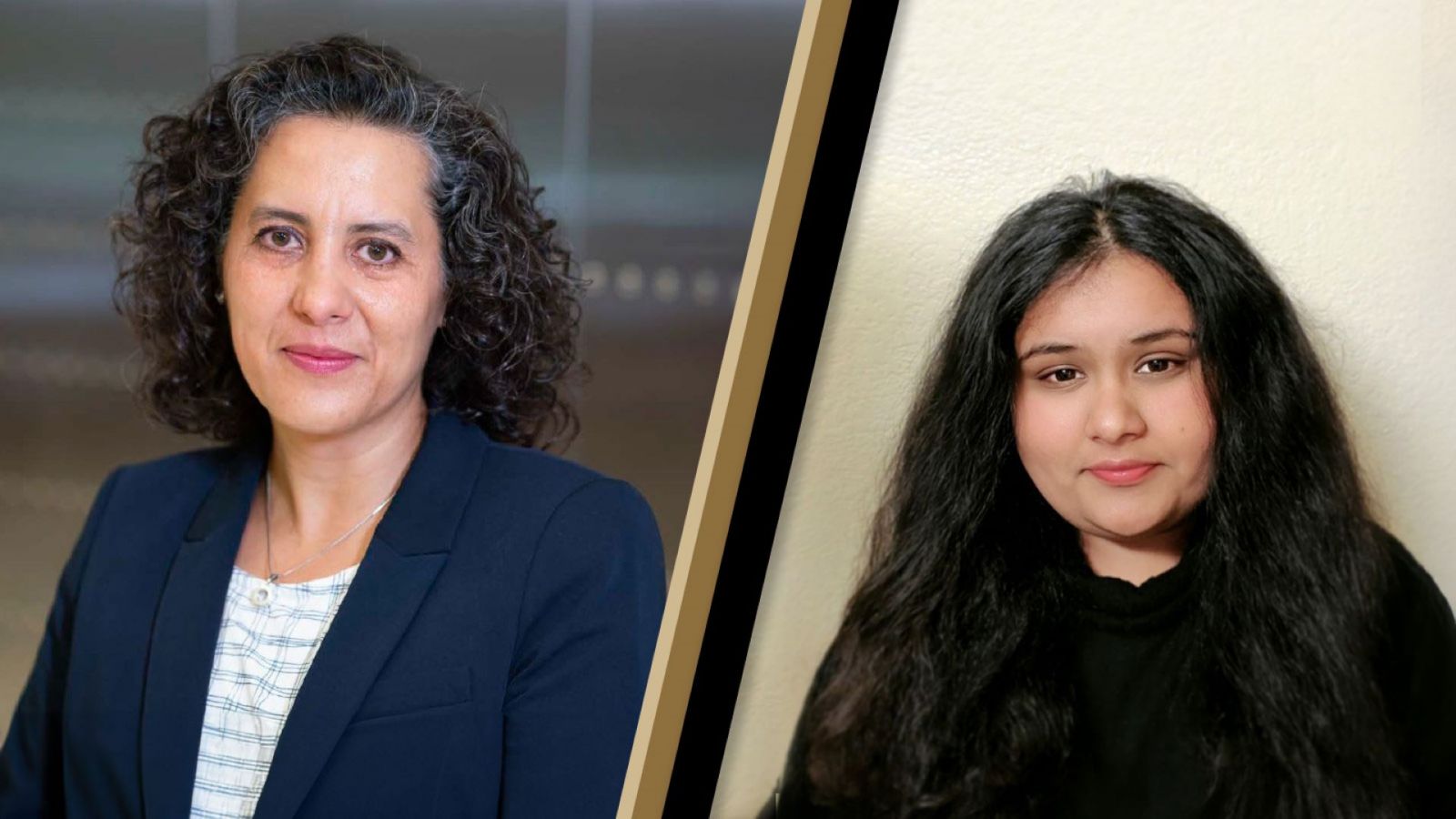
Purdue Polytechnic’s Alejandra Magana, the W.C. Furnas Professor in Enterprise Excellence, and Sakhi Aggrawal, a doctoral student at the time of the study, recently published a study about developing conflict resolution skills in undergraduate students using ChatGPT.
Magana formed an interest in helping students with teamwork skills during the COVID-19 pandemic. Since then, Magana has continued to implement multiple teamwork pedagogies to improve her students’ experience.
“Sakhi, who is very interested in integrating AI for teaching and learning, came to me with an idea focused on students learning about different cultures by conversing with ChatGPT,” Magana said. “I thought the approach was intriguing, but since conflict management on teamwork has been a focus for improving my teaching practice, we decided to implement a revised version of this approach by combining instruction, practice, and reflection to help students develop conflict-handling skills in the context of teamwork.”
Expertise in conflict management was provided by James Dworkin, a Purdue professor from the Mitchell E. Daniels, Jr. School of Business, and an expert in negotiations and dispute resolution.
Magana and Aggrawal studied 56 undergraduate students enrolled in a systems development course and further analyzed 46 of their observations. Students engaged in a simulation scenario using ChatGPT 3.5 where they had a difficult conversation with a “teammate” about improving their collaboration. Their goals were to chat with the simulated teammate to express their concerns, listen actively, and work toward a resolution or compromise.
Overall, they found that 65% of the students significantly increased their confidence in managing conflict by demonstrating all five conflict-handling approaches: avoiding, accommodating, compromising, competing, and collaborating. They also concluded that the study demonstrates the potential of using technology like ChatGPT “as a tool for providing immersive, personalized practice opportunities.”
“This study represents a unique intersection of AI technology and educational pedagogy, demonstrating that AI tools like ChatGPT can effectively simulate challenging scenarios and provide students with a safe environment to practice crucial skills like conflict resolution,” Aggrawal said.
Since the article was published in May, the article has had over 1,000 views, and Magana and Aggrawal have been asked to produce shorter stories from their study.
“By integrating AI tools into instructional approaches, the study has opened up new possibilities for experiential learning and enhanced student engagement,” Aggrawal said. “The positive response from both students and the academic community has been truly encouraging, and I believe this approach has significant potential to prepare students for real-world challenges.”
The initial efforts of the study were supported by a Protect Purdue grant, which was intended to address important scientific questions related to COVID-19 with a specific emphasis on knowledge gaps in Purdue’s response.
With professors Tatiana Ringenberg and Paul Thomas from the Department of Computer and Information Technology (CIT), Magana has plans in place to implement the same training approach with CIT colleagues but in the context of social engineering. She also plans to engage with Dworkin to explore how their approach can support training for students to develop mediation skills.
Additional information
